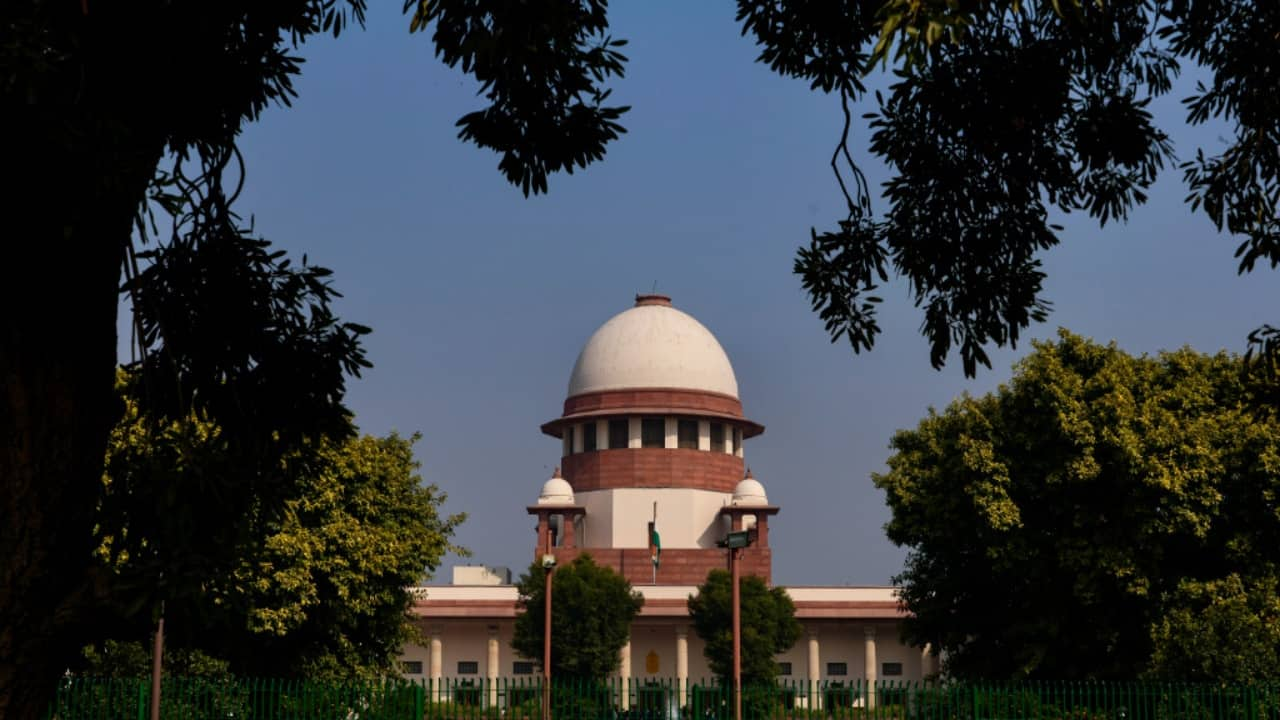 |
|
The Supreme Court of India has issued a strong warning against the misuse of Section 498A of the Indian Penal Code (IPC), a law designed to protect women from cruelty inflicted by their husbands and in-laws. The court's caution comes amidst a surge in cases where the law is allegedly being weaponized for personal vendettas, often in the context of marital disputes. A recent high-profile suicide case of a 34-year-old Bengaluru techie, who left a 24-page note accusing his wife and her family of harassment, has further highlighted the pressing issue of Section 498A's misuse. The court's observations underscore a growing concern regarding the escalating number of matrimonial disputes and the potential for manipulation of legal processes to settle personal scores. The judgment emphasizes the need for careful scrutiny of allegations to prevent the misuse of the legal system.
The Supreme Court's judgment directly addresses the increasing tendency for wives, or their families, to leverage Section 498A as a tool for retaliation against the husband and his relatives during marital conflicts. The court notes a significant rise in matrimonial disputes across India, creating an environment ripe for the exploitation of legal provisions. The judgment clearly states that while the intention of Section 498A was to provide swift intervention and protection for women experiencing cruelty, its current application deviates significantly from its original purpose. The court highlights the problem of vague and generalized allegations being made, often lacking sufficient evidence to support claims of cruelty. This lack of substantiation contributes to the misuse of legal processes, allowing for the use of what the court terms ‘arm-twisting tactics’ by wives and their families to achieve their objectives, often unrelated to genuine concerns of domestic violence.
The specific case that prompted the Supreme Court's observations involved a criminal appeal filed by a husband and his in-laws against a Telangana High Court decision. The High Court had refused to quash a domestic cruelty case registered by the wife against them, following the husband's petition for dissolution of the marriage. The Supreme Court found that the wife had used the Section 498A complaint as a countermeasure to the husband's petition, essentially weaponizing the law in a retaliatory manner. The court clearly states that this type of strategic misuse of Section 498A is unacceptable, emphasizing the importance of distinguishing between genuine cases of cruelty and those motivated by personal vendettas. The judgment explicitly affirms the right of women who have genuinely suffered cruelty to seek legal recourse and file complaints, but it simultaneously stresses the critical need to prevent the perversion of the legal process for purposes of personal gain or revenge.
The Supreme Court's decision serves as a critical analysis of the flaws inherent in the current application of Section 498A. It underscores the necessity for rigorous scrutiny of allegations and the implementation of mechanisms to prevent false accusations. The court's pronouncements emphasize the importance of balancing the protection of women from genuine instances of domestic abuse with the need to prevent the law from becoming a tool for harassment and personal vendetta. The case of the Bengaluru techie’s suicide serves as a stark reminder of the potential devastating consequences of the misuse of legal processes and the urgent need for reform and more effective safeguards against false accusations. The judgment calls for a more nuanced approach to investigating complaints under Section 498A, ensuring that only genuine cases of domestic cruelty are prosecuted, while simultaneously protecting individuals from false and malicious accusations.
The ongoing debate surrounding Section 498A necessitates a comprehensive review of its implementation and potential amendments to address the issue of misuse. A critical examination of the threshold for initiating investigations and the evidence required to substantiate claims of cruelty is paramount. Measures to deter false complaints and streamline the process for investigating genuine cases of domestic violence are essential to ensure the effectiveness and integrity of the legal system. The Supreme Court's intervention represents a significant step towards addressing the growing problem of Section 498A's misuse, urging a more balanced and just application of the law that protects both victims of genuine domestic abuse and individuals falsely accused under its provisions. The ongoing national conversation about this legal provision underscores the complex interplay between protecting women’s rights and safeguarding against its abuse.
